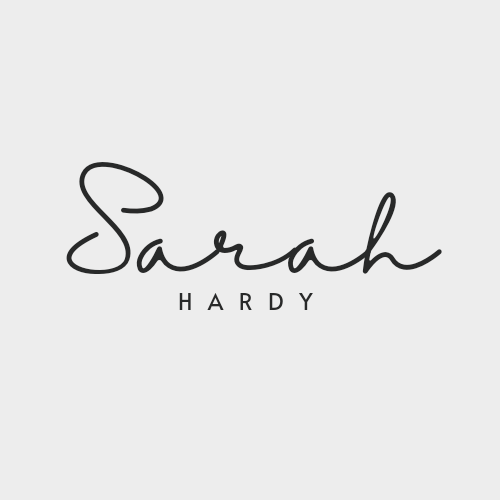What Does an Access to Work-Funded Support Worker (VA | Virtual Assistant) Actually Do for Self-Employed People or Business Owners?
- Sarah Hardy
- Jun 20, 2025
- 2 min read
Running your own business or being self-employed can be exciting, creative, and empowering. But it can also be isolating, overwhelming, and exhausting.
If you’re a self-employed business owner navigating disability, neurodivergence, or burnout, you might be eligible for practical, tailored help through the Access to Work scheme.
And yes that can sometimes include Virtual Assistant (VA) support (They call this a Support Worker)
But what does that really mean?
💡 What is an Access to Work Support Worker?
An Access to Work-funded support worker provides personalised, practical help so you can run your business effectively, even if you’re facing challenges with focus, energy, executive function, admin overwhelm, or communication.
This can include:
Email and inbox management
Task prioritisation and daily planning
Diary management and scheduling
Creating boundaries and client communication systems
Organising files, systems, and workflows
Following up on leads or projects that get lost in the chaos
Reminder systems and accountability
Helping implement tools like Notion, Trello, Calendly, or shared folders
Whether you're ADHD, Autistic, visually impaired, navigating chronic illness, or recovering from burnout an Access to Work support worker helps make your business doable again.
Highly Personalised Business Support for Neurodivergent Entrepreneurs
I work 1:1 with each client to build a system that works for your brain, your energy levels, and your business model. There’s no one-size-fits-all here.
What I do looks different for everyone. That’s the point.
For some clients, we begin by untangling the inbox.
For others, we set up their calendar and build a system for remembering appointments.
Some need help translating their creative ideas into action or managing communication they find overwhelming.
Whether you're funded via Access to Work or choose to self-fund, the outcome is the same: you get to focus on what you’re brilliant at and stop drowning in the bits that drain you.
Why Asking for Help Isn’t a Failure — It’s a Business Strategy
If you’ve been doing it all alone, you’re not weak — you’re just human.
Many of the self-employed people I support came to me after burnout or during a period of executive functioning loss. They were once thriving professionals, but now find it hard to keep up with tasks they once did with ease.
That’s not failure. That’s a sign you need support.
Asking for help isn’t shameful, it’s a smart and sustainable move that helps you fall back in love with the business you built.
Who I Work With
I support a range of neurodivergent and disabled business owners, including:
ADHD entrepreneurs
Autistic creatives
Visually impaired freelancers
People recovering from workplace trauma or burnout
Founders with anxiety, PTSD, chronic illness, or cognitive challenges
Some are funded through the Access to Work grant. Others self-fund this support as part of their business expenses. Either way, the goal is the same: make the day-to-day easier so your strengths can shine.
Ready to Get Started or Want to Know More?
Whether you’re already Access to Work approved or you’re not sure what to ask for yet, I can help.
Book a free, friendly call to explore what support would help you work better, feel better, and stop doing it all alone.




Comments